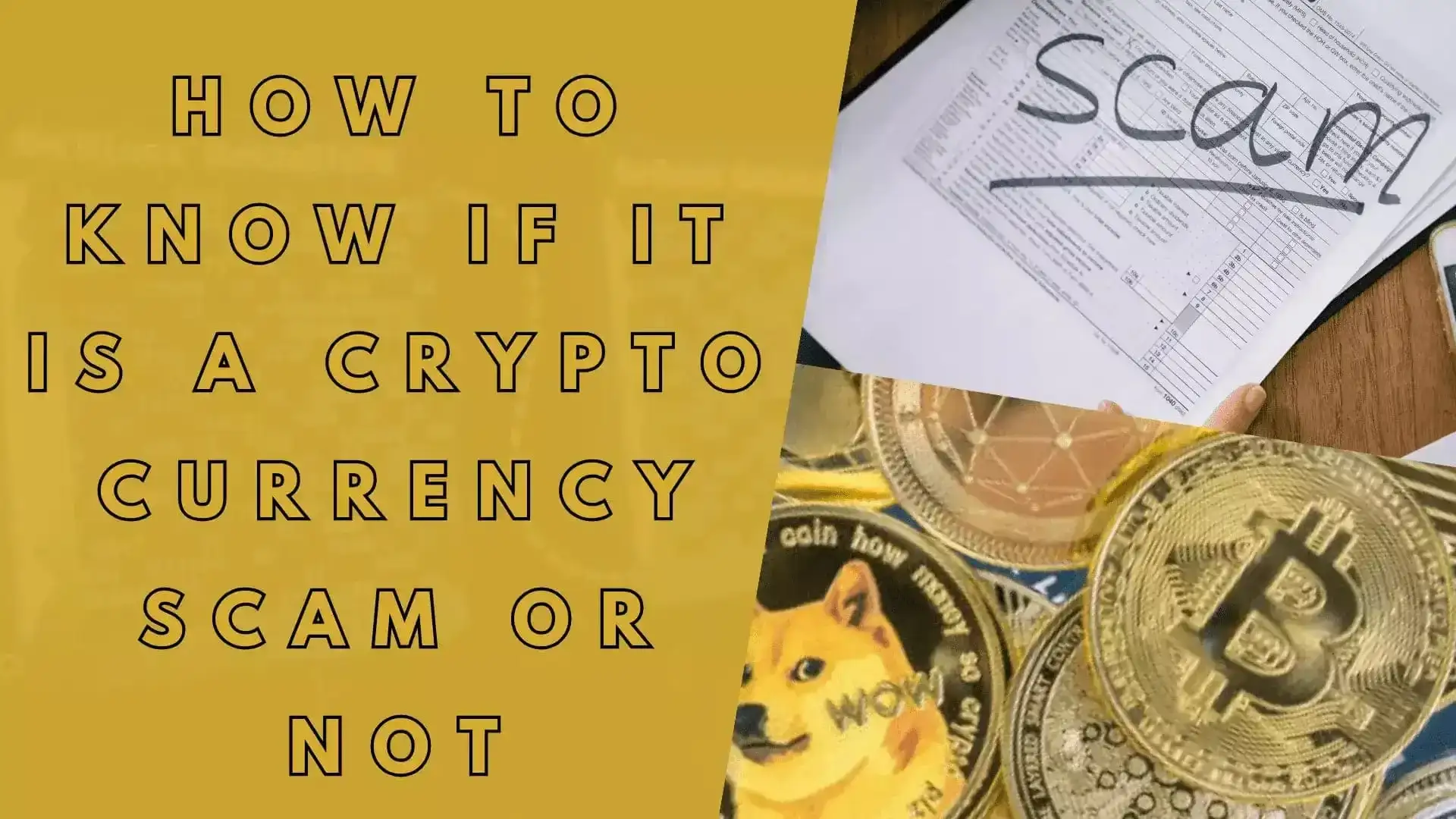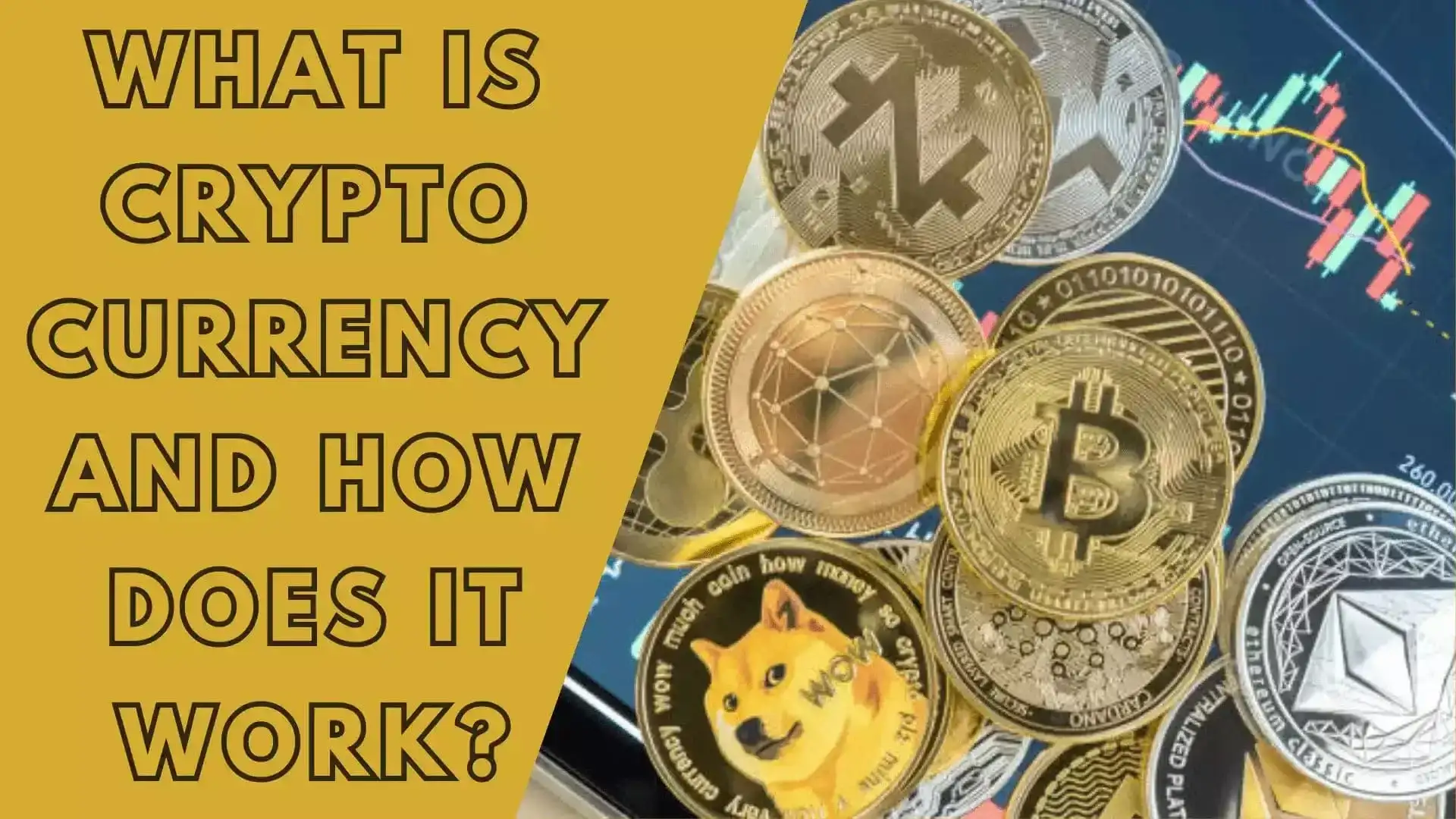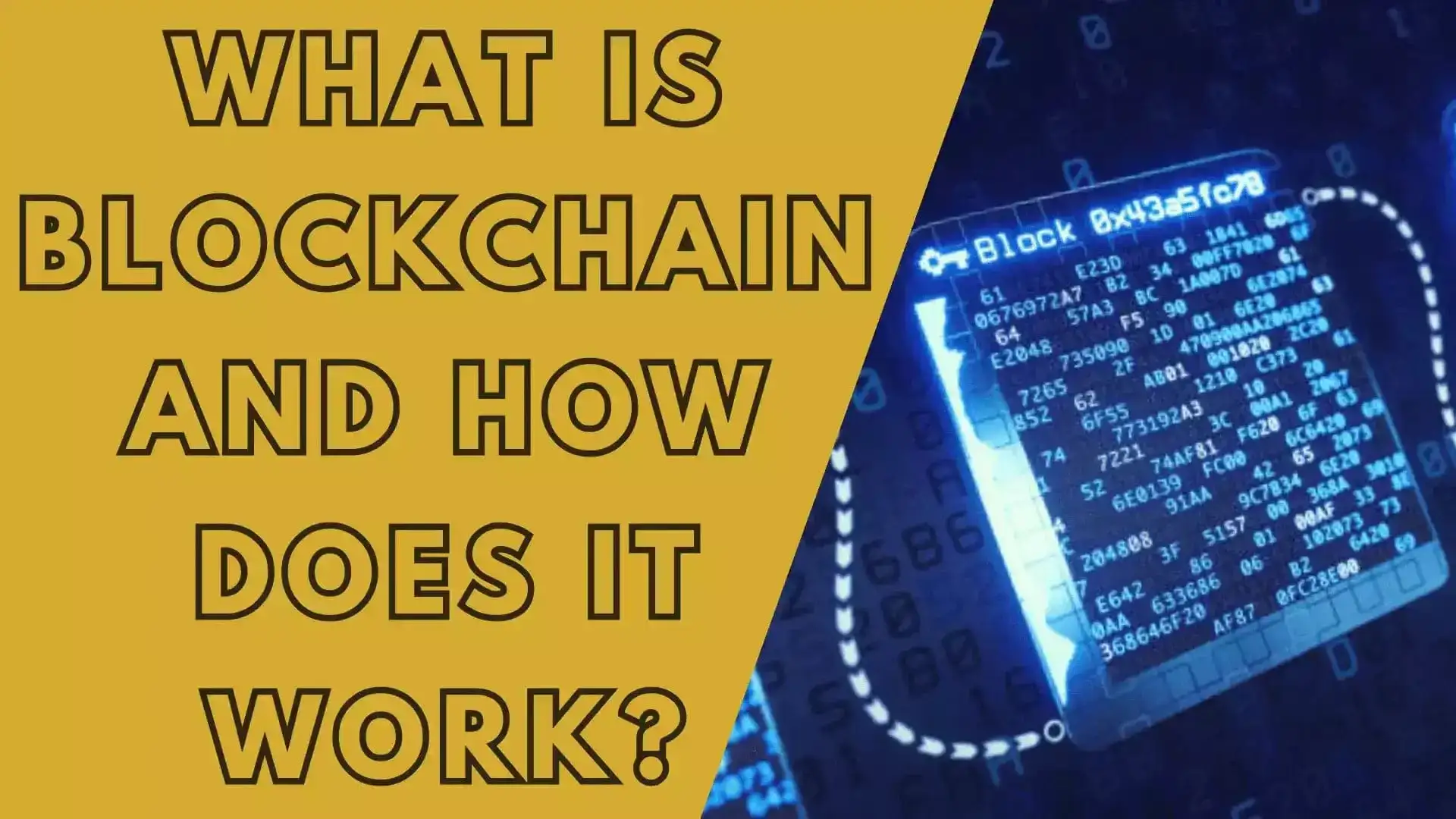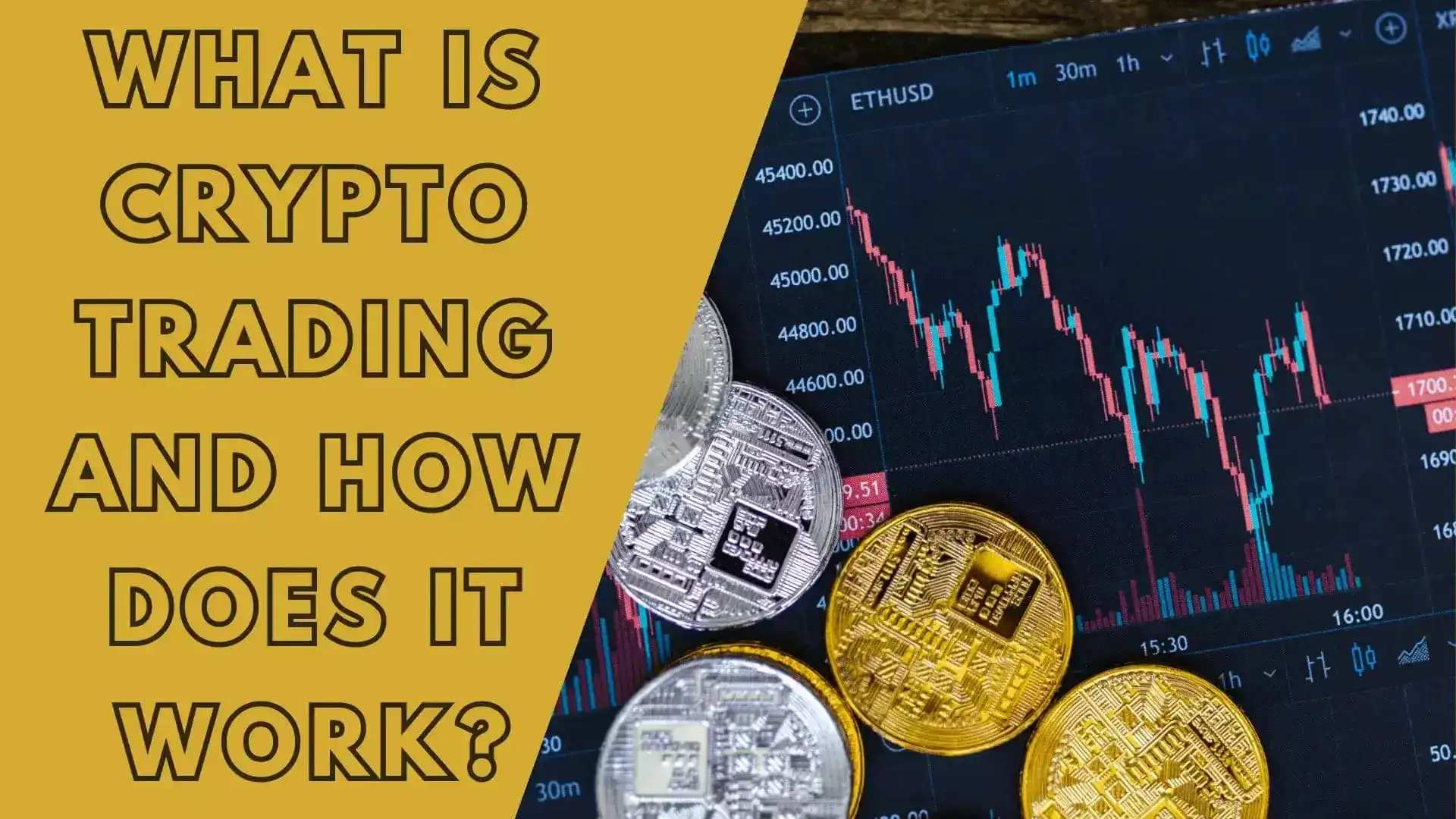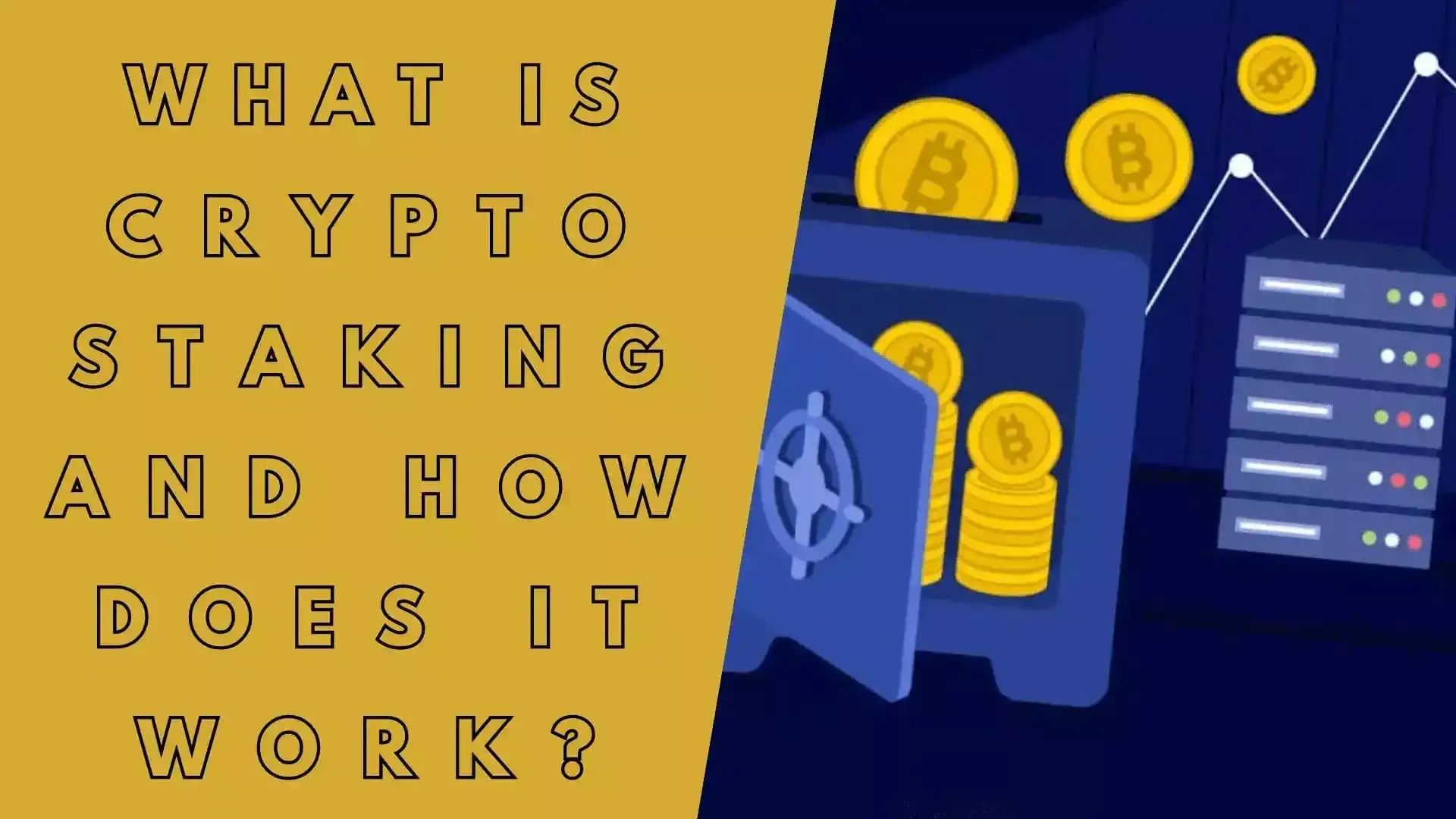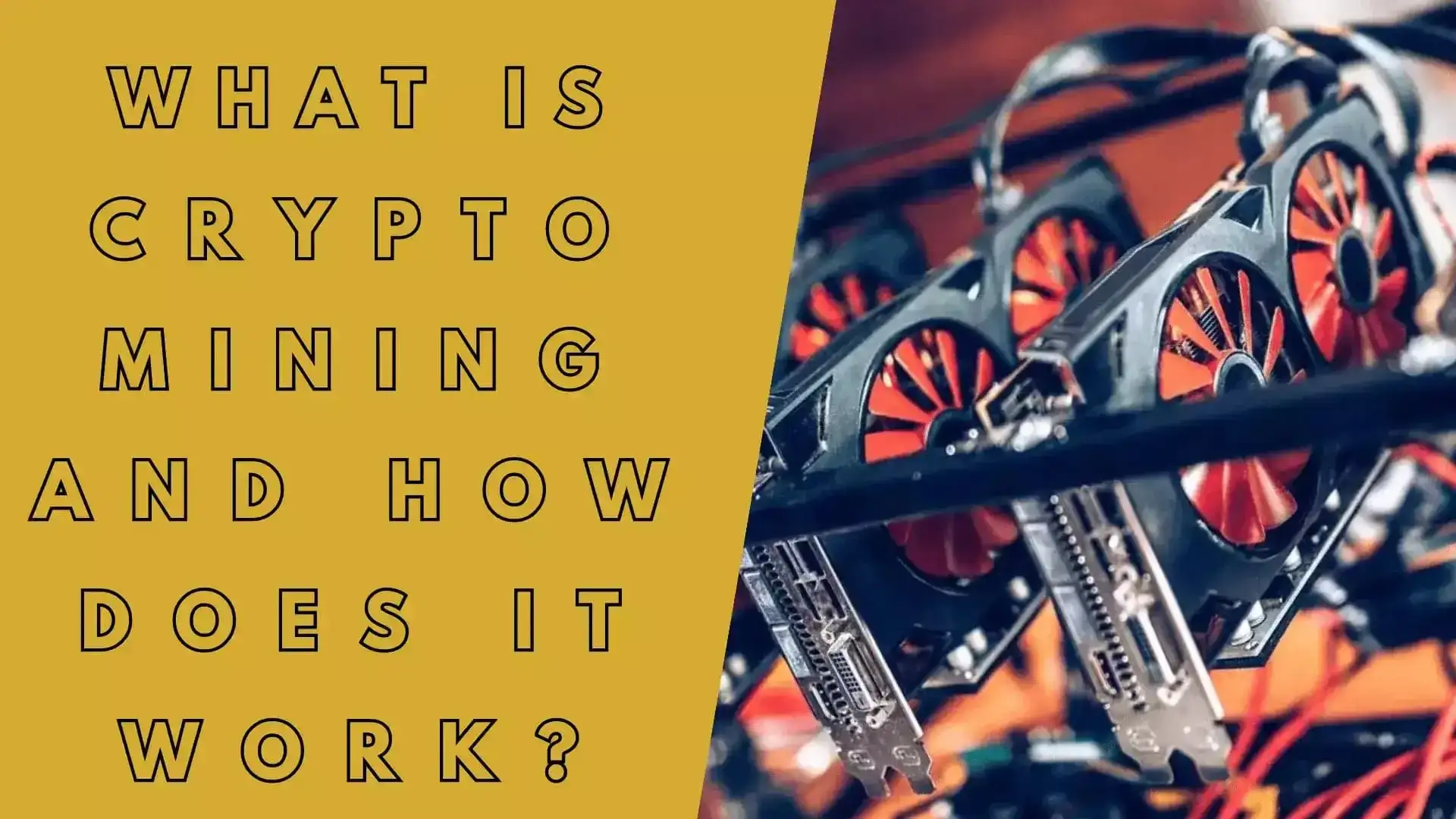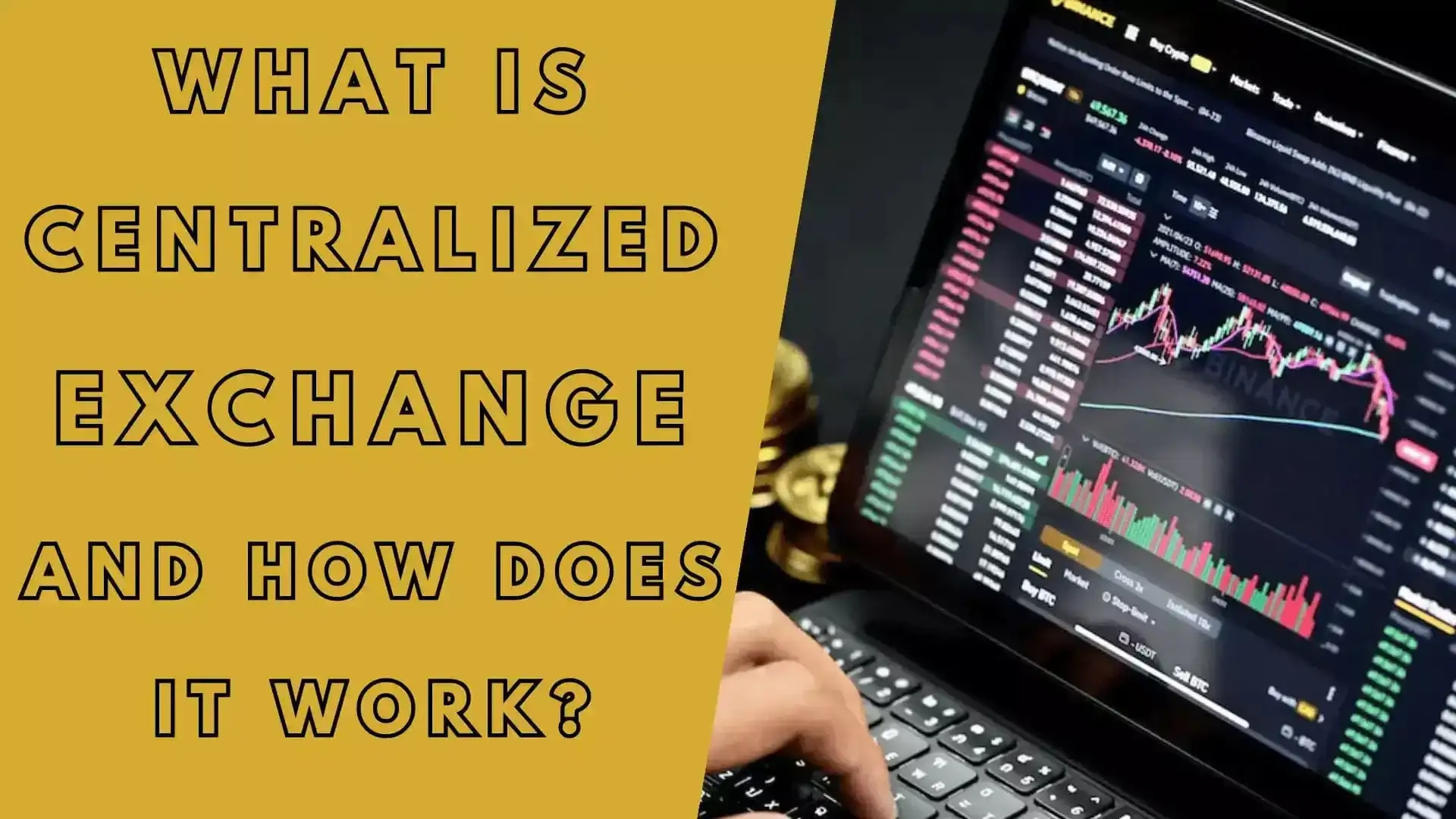How To Know If It Is A Cryptocurrency Scam Or Not
To determine if a cryptocurrency project is a scam or not, there are several key factors to consider. Here is a detailed breakdown of the process, similar to the structure provided in the article you mentioned:
- Conduct thorough research: Start by gathering as much information as possible about the cryptocurrency project. Look for official websites, whitepapers, social media presence, development team details, and partners or advisors involved.
- Verify project legitimacy: Validate the project's legitimacy by checking the website's security (HTTPS), domain age, and registration details. Look for professional design, well-written content, and a clear roadmap of the project.
- Review the development team: Examine the team members' backgrounds, experience, and expertise. Adequate information and transparency about team members reduce the risk of a scam. Check their professional social media profiles and verify their credibility.
- Analyze the project's whitepaper: Read the project's whitepaper carefully. Evaluate the proposed technology, target market, problem-solving approach, and the token's utility within the ecosystem. Be cautious of projects with whitepapers that are plagiarized or contain vague or exaggerated claims.
- Check for a working prototype: A legitimate project usually has a working prototype or has made progress in its development. Ensure that the project not only has an idea or concept but has also made tangible progress toward achieving its goals.
- Community engagement: Assess the level of community and investor engagement around the project. Active and supportive communities can indicate a legitimate project. Look for discussion forums, social media groups, and official communication channels to evaluate the project's community presence.
- Review partnerships and advisors: Investigate the credibility and backgrounds of the project's partners, advisors, and investors. Reputable collaborations lend credibility to the project. Verify the claimed partnerships through official announcements or updates from the involved parties.
- Check the token's utility and ecosystem: Evaluate the purpose and utility of the project's token within its ecosystem. A well-defined and practical use case for the token adds legitimacy to the project. Understand its role, distribution, and how it adds value to the ecosystem
- Assess token sale details: Analyze the token sale structure, including the sale timeline, allocation of funds, vesting periods, and any bonus or discount structures. Ensure that the project demonstrates transparency and has a reasonable token distribution.
- Evaluate the community sentiment: Gauge the overall sentiment of the cryptocurrency community towards the project. Search for reviews, comments, and feedback from independent sources or community platforms. Be cautious if there are widespread concerns, negative reviews, or reports of fraudulent activities.
Remember, fraudulent projects often use various deceptive techniques, so it is essential to be vigilant and skeptical before making any investment decisions
. Consulting with professionals or seeking advice from trusted sources can also provide valuable insights into potential scams.
